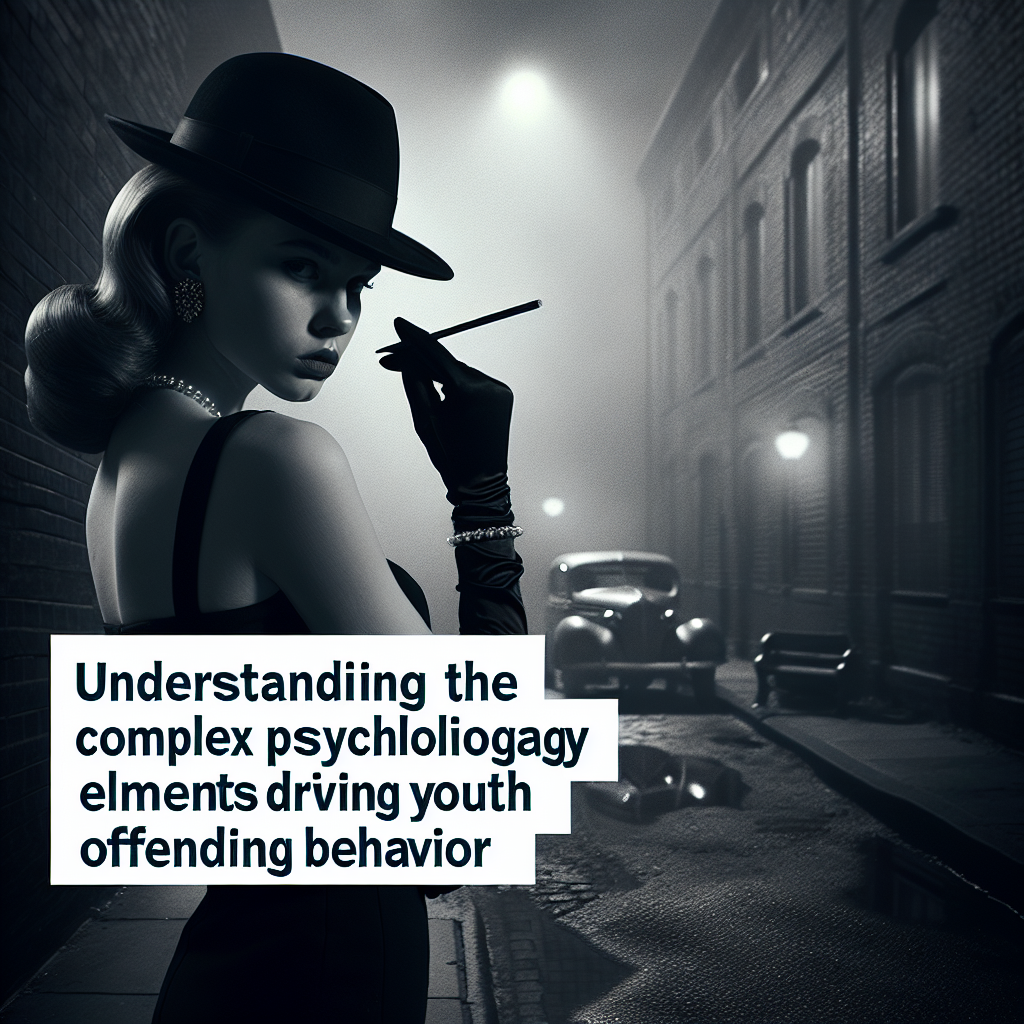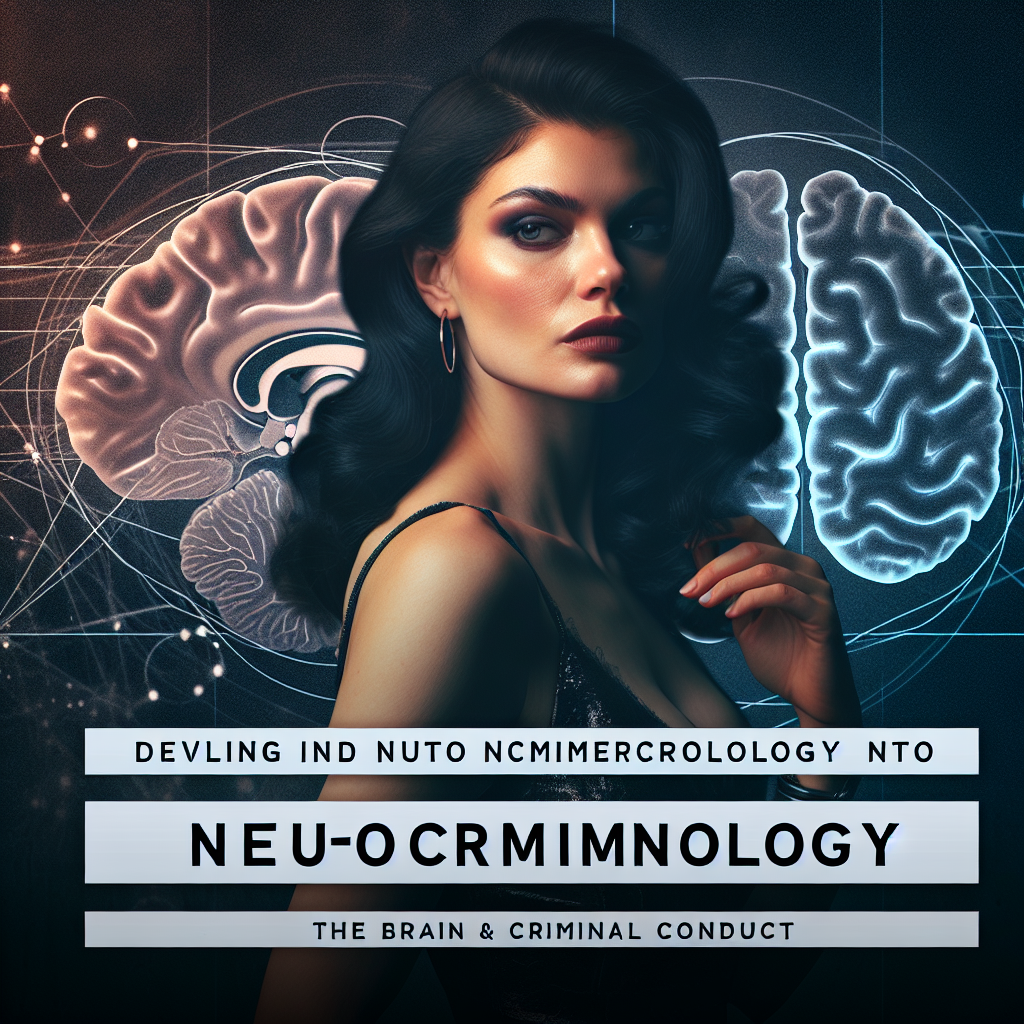Comprehending the Impact of Neighborhood Watch on Crime Prevention
Grasping the Influence and Effectiveness of Neighborhood Watch in Deterrence and Prevention of Crime Understanding the power of Neighborhood Watch in crime prevention involves appreciating the critical role it plays in maintaining safety and security in communities. The “Neighborhood Watch” refers to a group of residents who keep an eye out for suspicious activities in their local areas and promptly …
Continue Reading
Exploring the Influence of Psychology in Crime Prevention: The Mind’s Role Unveiled
Exploring the Influence of Mental Processes in Crime Prevention: A Detailed Examination of Psychological Deterrents This title further elaborates on the scope of the subject matter by specifically mentioning the examination of the psychological deterrents involved in crime prevention. Additionally, it directly attributes crime prevention to the influence of mental processes, providing a clearer idea of the research’s direction. Understanding …
Continue Reading
Comprehending Emotional Processing Flaws in Criminal Behavior
In order to fully comprehend the concept of emotion processing deficiencies in criminal behavior, we need to delve into this sociopsychological phenomenon that involves various factors like genetic predisposition, environmental influences, and individual psychology. Emotion processing refers to the physiological, cognitive, and subjective changes brought about by different emotional responses. Deficiencies in this area can result in difficulties with identifying, …
Continue Reading
Unraveling the Methods Utilized for Psychopathy Assessment
Exploring and Understanding the Methods Utilized in Assessing and Evaluating Psychopathological Disorders This focuses on unveiling, examining, and gaining a deeper understanding of the diverse methods and techniques that are employed by professionals in the field of psychology to measure the levels and variations of psychopathy. The approach can involve tools such as psychometric tests, behavioral observations, and personal and …
Continue Reading
Discover the Reality: Successful Techniques for Forensic Interviewing
Forensic interviewing techniques play a pivotal role in revealing the truth in criminal justice, thus proving or disproving the involvement of parties in criminal scenarios. Consequently, learning how to efficiently and effectively use such methods can significantly increase the accuracy of information gathered, hence promoting fairness in legal proceedings. This topic, “Uncover the Truth: Effective Forensic Interviewing Techniques” delves deeper …
Continue Reading
Understanding the Complex Psychological Elements Driving Youth Offending Behavior
The Complex Psychological Factors that Play a Significant Role in Influencing the Behaviour and Actions of Juvenile Delinquents Introduction to Juvenile Delinquency and Its Psychological Factors The plying development of human psychology and the mysteries swirling around juvenile crimes bear an ongoing debate about the intricate psychological factors influencing juvenile delinquency. Rather than looking at these vulnerable individuals as mere …
Continue Reading
Delving into the Minds of Criminals: Unraveling the Mystery of Psychopathy
Investigating the Inner Workings of Criminal Brains: A Comprehensive Analysis of Psychopathy This in-depth study delves into the intricate psychological profiles of criminals by investigating their mental processes and behavioral characteristics. The central focus of this exploration revolves around decoding psychopathy – a personality disorder that is often associated with persistent antisocial behavior, impaired empathy and remorse, and often, violent …
Continue Reading
Analyzing Behavioral Evidence: The Crucial Element in Crime Solving
Behavioral Evidence Analysis: The Critical Component in Solving Criminal Cases. The application of behavioral evidence analysis (BEA) in criminology is quintessential in deciphering intricate patterns, identifying potential suspects and helping to solve criminal cases. Behavioral Evidence Analysis acts as an in-depth exploration tool which connects both physical and psychological aspects of crimes, aiding in the comprehensive study of criminal behavior, …
Continue Reading
Delving into Neurocriminology: Linking the Brain and Criminal Conduct
Investigating Further into Neurocriminology: Analyzing the Relationship Between Brain Function and Criminal Activities This topic delves into the fascinating field of neurocriminology, a multidisciplinary science that explores the intricate interaction between human neural mechanisms and criminal behavior. It focuses on the relationship between the functions of the human brain and the conduct that is considered criminal. This topic further investigates …
Continue Reading
Grasping the Significance and Concept of Criminal Risk Assessment
Comprehending the Concept of Criminal Risk Assessment and Its Crucial Importance In the premises of law enforcement and legal justice, the concept of criminal risk assessment plays a pivotal role. Essentially, it refers to the prediction of an individual’s likelihood of committing a crime in the future. This is achieved through a comprehensive analysis based on several factors such as …
Continue Reading











